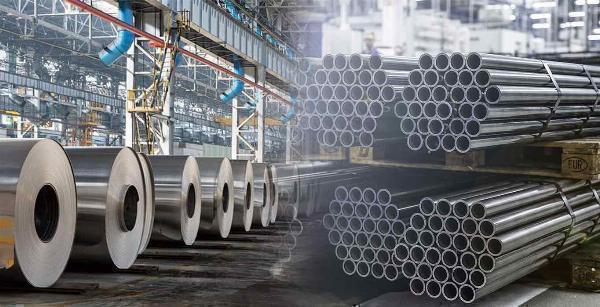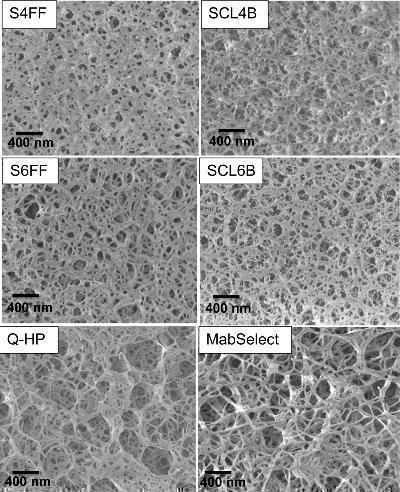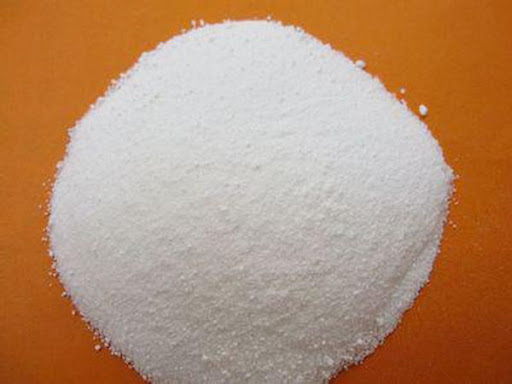Revolutionizing Health: The Impact of Robotic Bariatric Surgery on Quality of Life
Bariatric surgery, also known as weight loss surgery, is a life-changing medical procedure that helps individuals with severe obesity achieve significant and sustained weight loss. By altering the digestive system, it not only supports physical transformation but also improves overall health, reduces obesity-related conditions, and enhances quality of life. In today's age, obesity has become a major health concern, and many people may not see results from traditional weight loss methods such as dieting and exercise. However, bariatric surgery, particularly robotic bariatric surgery, is a life-altering solution that combines precision with state-of-the-art technology and provides a minimally invasive approach. Bariatric surgery is surgery on the stomach and digestive tract to help individuals lose weight if they have severe obesity. Obesity is linked to various medical conditions including diabetes, heart disease, and sleep apnea. Bariatric surgery works by restricting how much of the stomach can hold food so that the individual ends up eating fewer calories or by changing the digestive system so that less nutrients are absorbed. The modern and less invasive way of doing bariatric surgery is through robotic surgery, i.e., surgery done using robotic systems. This method is more precise, has a shorter recovery time, and involves fewer complications, making it a great choice for people looking for a permanent fix for obesity.
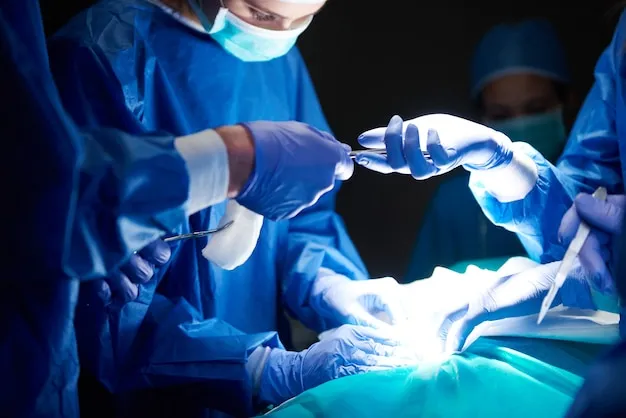
- Type 2 Diabetes: Early in the course of the issue, bariatric surgery can improve or in some cases resolve type 2 diabetes because it is more effective at regulating blood sugar than standard treatments.
- Heart Disease: Obesity raises the risk of heart disease and hypertension. Losing significant weight can help patients improve their heart health and lower the risks of heart attacks or strokes.
- Sleep Apnea: Among obese people, obstructive sleep apnea is common. Weight loss or robotic obesity surgery can often diminish excess fat and eliminate or alleviate sleep apnea.
- Joint Pain: It also adds stress to other joints around the body, such as the knees and hips. Many patients get relief from arthritis and other joint-related issues by losing weight.
- Gastroesophageal Reflux Disease (GERD): Acid reflux can make you more obese. GERD symptoms can be relieved with weight loss after robotic bariatric surgery.
With robotic technology, robotic bariatric surgery allows a more precise and controlled experience for the surgeon. The surgeon operates a robotic system from a console, expertly controlling the instruments with remarkable precision throughout the procedure. This means that the incisions are smaller, less tissue is damaged, and you heal more quickly than with traditional open or laparoscopic surgery. The 3D high-definition visualization gives surgeons the ability to see the surgical site more clearly, which is one of the biggest benefits of robotic stomach surgery. Rigorous studies of pressure aids have also enabled the robotic arms to be smarter and more dexterous, placing the system in a position to move through more complex motions and in small spaces of the body.

Typically, patients undergoing robotic obesity surgery go through less pain, less scarring, and faster recovery of normal activities. This advanced method of bariatric surgery is making this type of surgery better and more comfortable than ever.

Bariatric surgery is performed in various ways to help meet the demands of different patients. With robotic technology, these procedures are now far safer and far more effective:
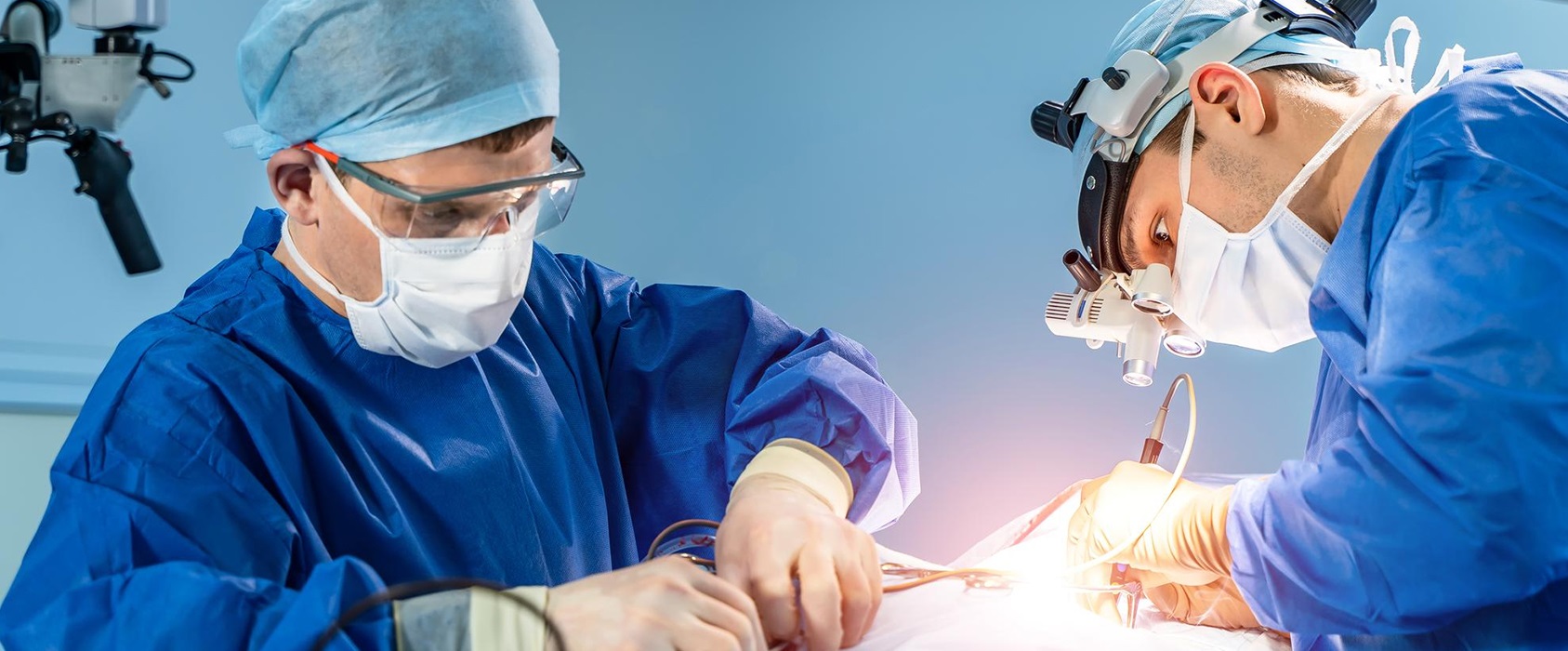
- Roux-en-Y Gastric Bypass: This is one of the most common types of bariatric surgery and is often referred to as gastric bypass. It creates a small pouch in the stomach
The article 'Revolutionizing Health: The Impact of Robotic Bariatric Surgery on Quality of Life' insightfully showcases the transformative role that robotic surgery has played in enhancing patient outcomes and promoting a better quality-of life for individuals struggling with obesity.
Robotic Bariatric Surgery is a game-changing technology revolutionizing healthcare by enhancing surgical precision and significantly improving patients' quality of life through substantial weight loss, resulting in greater overall health outcomes.
Innovative robotic bariatric surgery is not merely a technological advancement; it's an illustrious milestone towards revolutionizing health, transforming lives for the better through enhanced recovery rates and significantly improved quality of life.
This essay effectively showcases the transformative impact of robotic bariatric surgery on enhancing quality-of life, illustrating its precision in operations and speeding recovery processes.
Robotic bariatric surgery has revolutionized health by bringing innovative solutions to obesity care that significantly enhance patients' quality of life through minimally invasive procedures and enhanced post-surgical outcomes.


